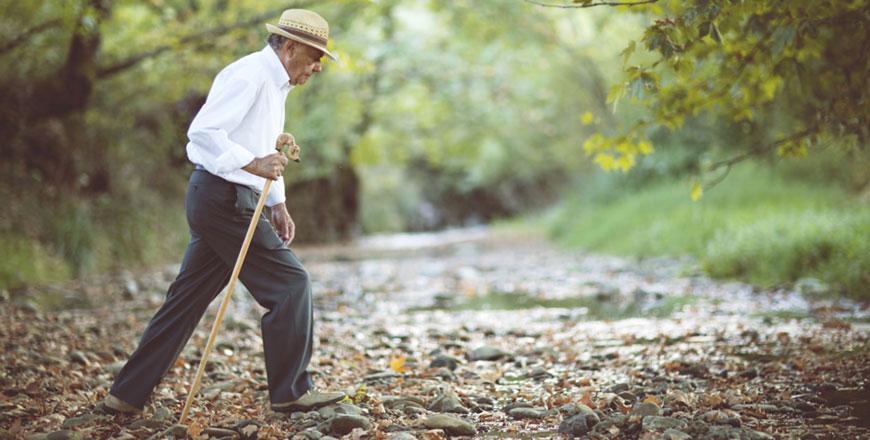You are here
Lonely? Volunteering just two hours a week may help
By Reuters - Jul 29,2017 - Last updated at Jul 29,2017

Photo courtesy of volunteerweekly.org
Volunteering at least two hours a week may go a long way towards helping to ease feelings of loneliness and social isolation, a study of recent widows suggests.
Loneliness is a serious medical problem for many older adults; previous research links it to declines in physical and mental health as well as premature death, researchers note in the Journals of Gerontology: Social Sciences. Because strong marriages, friendships and social networks can keep loneliness at bay, researchers wanted to see if becoming more involved in the community through volunteer work might make loneliness less common for an especially vulnerable group: recent widows.
They found, as expected, that feelings of loneliness were much more intense among recent widows than married people. But the recent widows who started volunteering at least two hours a week developed lower levels of loneliness on par with married people who spend similar amounts of time giving back to their communities.
This offers fresh insight into “how much of a ‘dose’ of volunteering might be needed to offset loneliness at widowhood”, said lead study author Dawn Carr of the Pepper Institute on Aging and Public Policy at Florida State University in Tallahassee.
“We do not know exactly how volunteering `gets under our skin,’ but there is some speculation that it is beneficial because it tends to require us to use our mind, it requires us to be more physically active, and it almost always requires us to interact with others,” Carr said by email.
For the study, researchers examined data collected from 2006 to 2014 on 5,882 adults aged 51 and older. All of the participants were married at the start of the study, but 667 had become widows by the end.
People widowed during the study were more likely to be women, black, older, sicker, depressed, and experiencing cognitive decline. They were also more likely to have had a spouse who was disabled or suffering from memory loss.
At the start of the study, roughly half of the participants did some volunteer work. People were more likely to start volunteering during the study if they became widows than if they remained married, and widows were also more likely to devote lots of hours to volunteer work.
During the study, about 1.5 per cent of the participants started volunteering at least 100 hours a year, and another 6.3 per cent began volunteering, but less often.
To assess loneliness, researchers examined data from questionnaires that asked how often people felt isolated, left out, or that they lacked companionship.
One limitation is the possibility that less lonely people might be more apt to venture out to volunteer, rather than volunteering being responsible for any reduction in loneliness, the authors note.
Even so, the findings offer fresh evidence of the health benefits of regular social interactions, said Dr Guohua Li, director of the Centre for Injury Epidemiology and Prevention at Columbia University in New York City.
“Volunteering in particular is an activity that facilitates older adults’ social engagement and the formation of meaningful relationships with others,” Li, who was not involved in the study, said by e-mail. “Volunteering may also increase older persons’ self-esteem and give them a sense of community, decreasing their feelings of loneliness after the loss of a spouse.”
To get these benefits from volunteering, though, people need to keep showing up, said Dr Carla Perissinotto, a researcher at the University of California, San Francisco, who was not involved in the study.
“For some people, volunteering regularly can actually help decrease feelings of loneliness and this is important because loneliness is linked to many health outcomes such as increased risk of heart disease, dementia, functional decline and death,” Perissinotto said by e-mail.
“But the volunteering has to be regular — not just twice a year — to have the benefit,” Perissinotto added. “Similarly to exercise, you need to have a certain amount on a weekly basis for it to be beneficial.”
Related Articles
Americans are feeling increasingly isolated, and healthcare officials are warning that can lead to an increased risk of death.“We see higher
People who get hugs are less likely to experience a bad mood after a disagreement than those who do not receive this kind of affection, a sm
Older adults who lose a spouse may be more vulnerable to cognitive decline in subsequent years and require extra support and monitoring, res

















